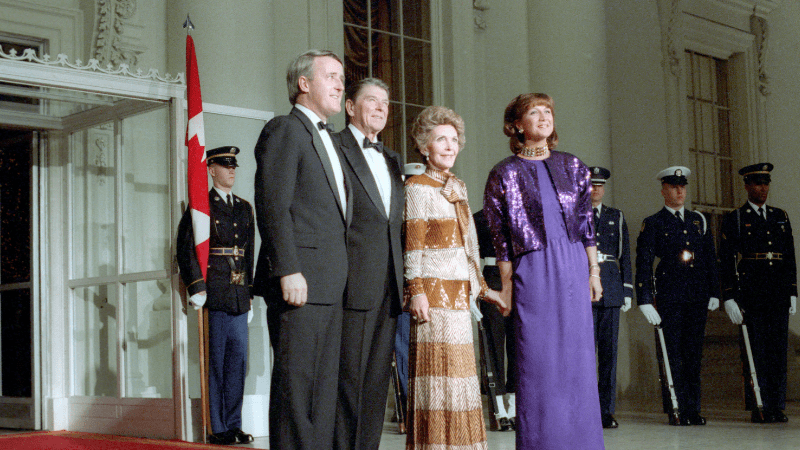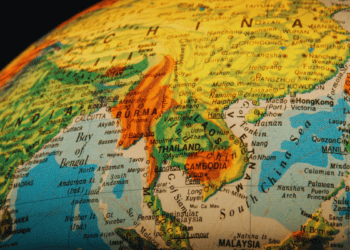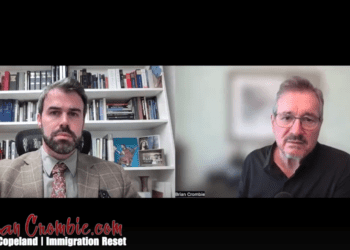This article originally appeared in National Review. Below is an excerpt from the article.
By Jon Hartley, March 4, 2024
One of the remaining late-20th-century leaders of the free world has died. Brian Mulroney was Canada’s prime minister from 1984 to 1993 and helped end the Cold War alongside Ronald Reagan and Margaret Thatcher. He also led the return of conservatives to federal government in Canada after decades in the wilderness, paving the way for Prime Minister Stephen Harper, who served from 2006 to 2015.
While Canada is often seen as a small country on a global stage, Mulroney started to put Canada on the map by championing friendly relations with the U.S. Mulroney’s most enduring legacy is undoubtedly the Canada-U.S. Free Trade Agreement, which later expanded into the North American Free Trade Agreement (NAFTA) with the inclusion of Mexico. Negotiating such a free-trade agreement was a risky political move at the time, but one that would ultimately signal Canada’s openness to the world economy. It also signaled willingness to be a real partner with the U.S. in the face of communism, an inclination that was somewhat absent in the Pierre Trudeau era, marked by the goal of establishing a foreign policy “independent of American influence” (see Pierre Trudeau’s friendly relations with Cuba).
NAFTA ultimately helped facilitate an economic growth revival that occurred during the 1990s for Canada and the U.S. (that wasn’t without negative consequences to domestic manufacturing). While NAFTA is often scolded now amidst the current populist upheaval against trade, the renegotiated version of it in force since 2020 is hardly different from the original, a sign of its continued success.
That said, Canada found several fiscal problems in the 1990s, and Mulroney helped put Canada on a better path to solving them. Mulroney’s commitment to fiscal conservatism was evident in his approach to public spending and deficit reduction following decades of Pierre Trudeau’s Liberal government rapidly expanding the size of the civil service and welfare state.
Mulroney pursued deregulation and privatization. His government privatized Air Canada and Petro-Canada, following in the deregulatory footsteps of the U.S. in further enhancing the role of the private sector, which has proven capable of doing a much better job, as compared with governments, of efficiently running such businesses. I wrote in greater depth about his domestic economic achievements earlier today for the Globe and Mail.
Mulroney was also committed to practical environmentalism, introducing comprehensive environmental legislation in the Canadian Environmental Protection Act (which would morph into something worse as time went on). He also signed the 1991 Canada-United States Air Quality Agreement with President George H. W. Bush, which committed the two countries to significantly reducing emissions of pollutants that cause acid rain and contribute to smog. The defeat of acid rain would prove to be a great example of how a conservative approach to environmental challenges could work by defining property rights for pollution.
Mulroney was a serious leader on the global stage. On top of standing with Reagan, Thatcher, and other anticommunist leaders around the world during the downfall of the Soviet Union, Mulroney fought against apartheid in South Africa, applying aggressive sanctions against the apartheid regime. Nelson Mandela spoke highly of Mulroney, being grateful for his support, and visited the Canadian parliament in 1990. Mulroney also advocated the expansion of the G-7 to include Russia, a decision that was hopeful at the time but now looks naïve in hindsight.
***TO READ THE FULL ARTICLE, VISIT NATIONAL REVIEW HERE***






